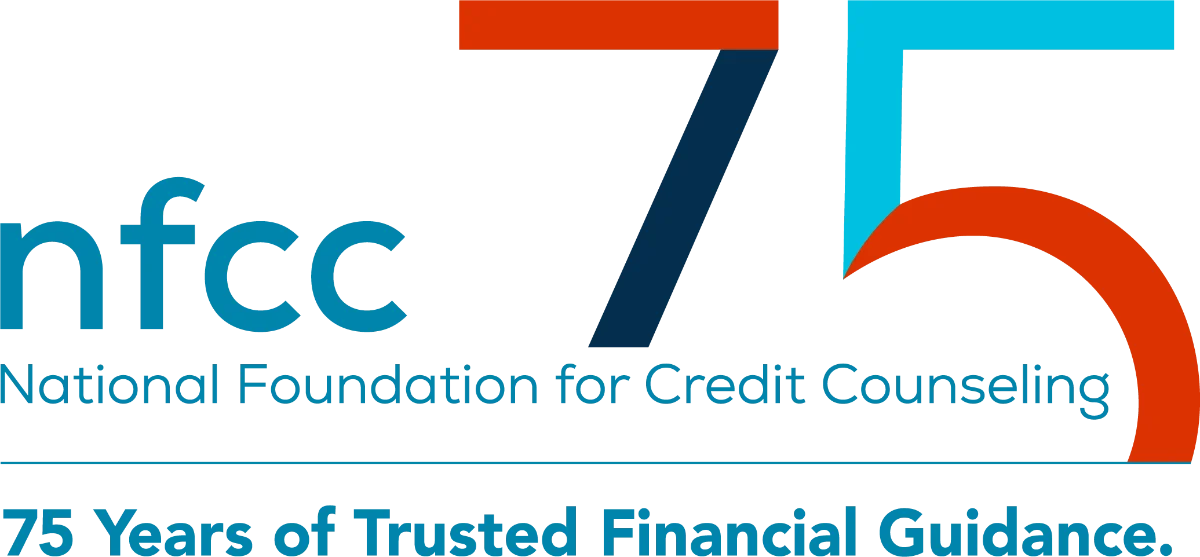5 Tips for Improving Your Financial Literacy
By Jessica Kane
If you struggle to understand financial concepts, or if you have a hard time figuring out how to manage your money, you’re not alone.
According to FINRA‘s financial literacy quiz, only 4% of people had perfect financial literacy scores in 2024.
A lack of financial literacy can lead to bad money decisions, like overspending and undersaving. But if you go online to look for help understanding how money works, you might end up even more confused.
Here are some tips for flipping the script and gaining the knowledge you need to master your finances.
What is financial literacy?
Being financially literate means you understand how money works and how to handle your financial matters. That includes having at least a basic understanding of the following topics:
- Budgeting
- Banking
- Managing debt
- Interest rates
- Building credit
- Retirement investing
Many Americans have no formal education on any of these topics, so it makes sense that our financial literacy is low. If you struggle to understand money basics, it may not be so much a personal failure as it is a lack of knowledge about where to look for good information. Fortunately, we can help with that part.
How to improve your financial literacy
There are endless resources available to help you learn more about money matters, but not all of them are reliable. Here are five easy ways you can weed through the noise and find good financial information.
1. Track your money
This one is really simple. All you have to do is review what you spend your money on each month. You can do this by setting a recurring monthly date to review your transactions in the following accounts:
- Bank accounts
- Credit cards
- Digital payment platforms (like Venmo and Cash App)
Having an idea of where your money is going can help you in a number of ways. For example, you can start catching bad spending habits before they spiral out of control, or find and cancel recurring charges for services you don’t use.
2. Take courses or webinars
If you’re serious about improving your knowledge, consider taking an online or in-person college course on basic financial topics.
As an added benefit, you don’t necessarily need a student loan to take these classes. Some schools offer free courses on topics like budgeting, saving and investing. You can also find universities that offer free resources online, like Stanford’s pre-recorded Mind Over Money Workshops.
3. Pay attention to interest rates
Many people overlook the importance of interest rates when it comes to managing money.
When you’re making key decisions about financial matters – like choosing between paying off credit card debt or contributing to your retirement account – it’s crucial that you consider interest rates first.
For example, if you invest in a 401(k), you can expect to earn average returns of around 7% per year. However, if you carry credit card debt, you’re likely paying interest rates of 21% or more. So if you don’t pay off the debt before investing in your retirement, you can end up losing money on interest charges.
4. Compare your sources
If someone claims to be the only source for financial information, that’s a red flag. For example, if you see a YouTube video titled, “The Investment Opportunity No One is Telling You About,” it’s likely a scam or a sales pitch.
When it comes to tried-and-true financial knowledge, there shouldn’t be any gatekeeping. In fact, when you look around, you’ll see the same fundamental principles repeated over and over again.
So before you take any financial information as fact, check multiple trustworthy sites to make sure they say the same thing. This can include:
- .gov websites
- .edu websites
- Bank and credit union websites
- Reputable financial publications
5. Only follow qualified professionals
According to a Gallup poll, around 40% of people go to social media and podcasts for financial advice. But unless a creator is a financial professional, they may be leading you astray.
Before you take financial advice from anyone, look into the following details:
- Credentials: Just because a creator paid off $100,000 in debt in two years, or they have a million followers, doesn’t mean they’re an expert. Before you listen to their advice, check to make sure they have relevant experience and credentials.
- Sales pitches: If a creator is selling products, they may not be able to give you objective and unbiased advice. Before listening in, check their website to see if they sell anything, including webinars or e-books. If so, take this into consideration when listening to their advice.
It’s also important to check credentials when you’re looking for one-on-one financial support. For help with investment questions, talk to a Certified Financial Planner (CFP) or a Registered Investment Adviser (RIA). For help with budgeting, debt management and credit, talk to an NFCC-certified credit counselor.
Jessica is a professional blogger who writes for Faxage, a leading company that provide Internet fax service for individuals and businesses.




